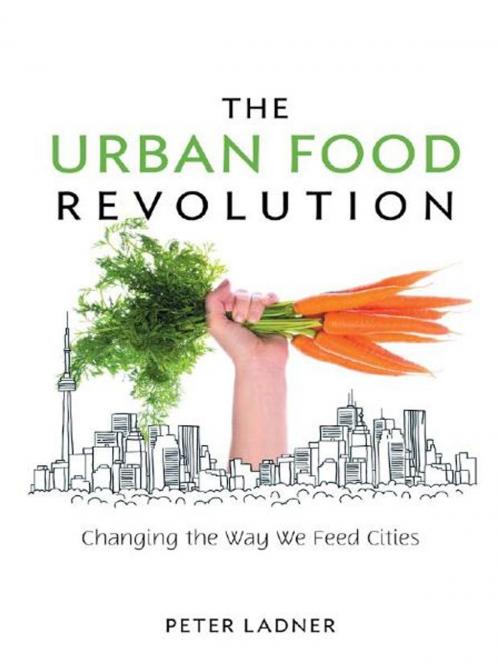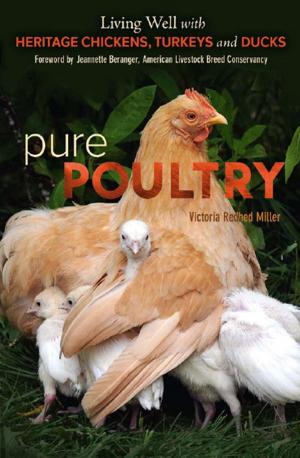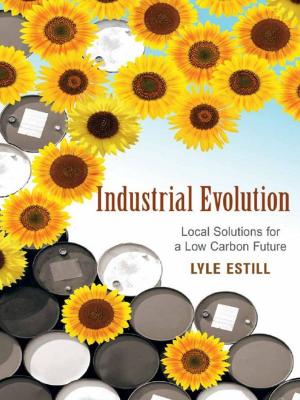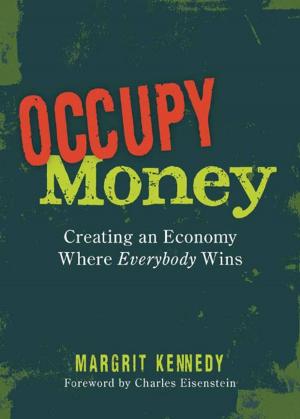The Urban Food Revolution
Nonfiction, Art & Architecture, Architecture, Planning, Social & Cultural Studies, Social Science| Author: | Peter Ladner | ISBN: | 9781550924886 |
| Publisher: | New Society Publishers | Publication: | October 1, 2011 |
| Imprint: | Language: | English |
| Author: | Peter Ladner |
| ISBN: | 9781550924886 |
| Publisher: | New Society Publishers |
| Publication: | October 1, 2011 |
| Imprint: | |
| Language: | English |
Our reliance on industrial agriculture has resulted in a food supply riddled with hidden environmental, economic and health care costs and beset by rising food prices. With only a handful of corporations responsible for the lions share of the food on our supermarket shelves, we are incredibly vulnerable to supply chain disruption. The Urban Food Revolution provides a recipe for community food security based on leading innovations across North America. The author draws on his political and business experience to show that we have all the necessary ingredients to ensure that local, fresh sustainable food is affordable and widely available. He describes how cities are bringing food production home by: Growing community through neighborhood gardening, cooking and composting programs Rebuilding local food processing, storage and distribution systems Investing in farmers markets and community supported agriculture Reducing obesity through local fresh food initiatives in schools, colleges and universities. Ending inner-city food deserts Producing food locally makes people healthier, alleviates poverty, creates jobs, and makes cities safer and more beautiful. The Urban Food Revolution is an essential resource for anyone who has lost confidence in the global industrial food system and wants practical advice on how to join the local food revolution.
Our reliance on industrial agriculture has resulted in a food supply riddled with hidden environmental, economic and health care costs and beset by rising food prices. With only a handful of corporations responsible for the lions share of the food on our supermarket shelves, we are incredibly vulnerable to supply chain disruption. The Urban Food Revolution provides a recipe for community food security based on leading innovations across North America. The author draws on his political and business experience to show that we have all the necessary ingredients to ensure that local, fresh sustainable food is affordable and widely available. He describes how cities are bringing food production home by: Growing community through neighborhood gardening, cooking and composting programs Rebuilding local food processing, storage and distribution systems Investing in farmers markets and community supported agriculture Reducing obesity through local fresh food initiatives in schools, colleges and universities. Ending inner-city food deserts Producing food locally makes people healthier, alleviates poverty, creates jobs, and makes cities safer and more beautiful. The Urban Food Revolution is an essential resource for anyone who has lost confidence in the global industrial food system and wants practical advice on how to join the local food revolution.















